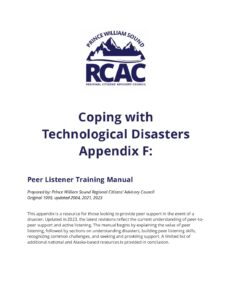Study shows purpose-driven design can improve performance
When a ship is disabled at sea, an appropriate rescue vessel must respond quickly to prevent an accident. Towing can be dangerous, especially in rough weather, because the rescue tug must get close to connect a towline. Challenging environment in Alaska Alaska requires a tug stationed in the vicinity of Hinchinbrook Entrance, the narrow waterway which connects Prince William Sound to the Gulf of Alaska. The tug remains on standby to assist or…
